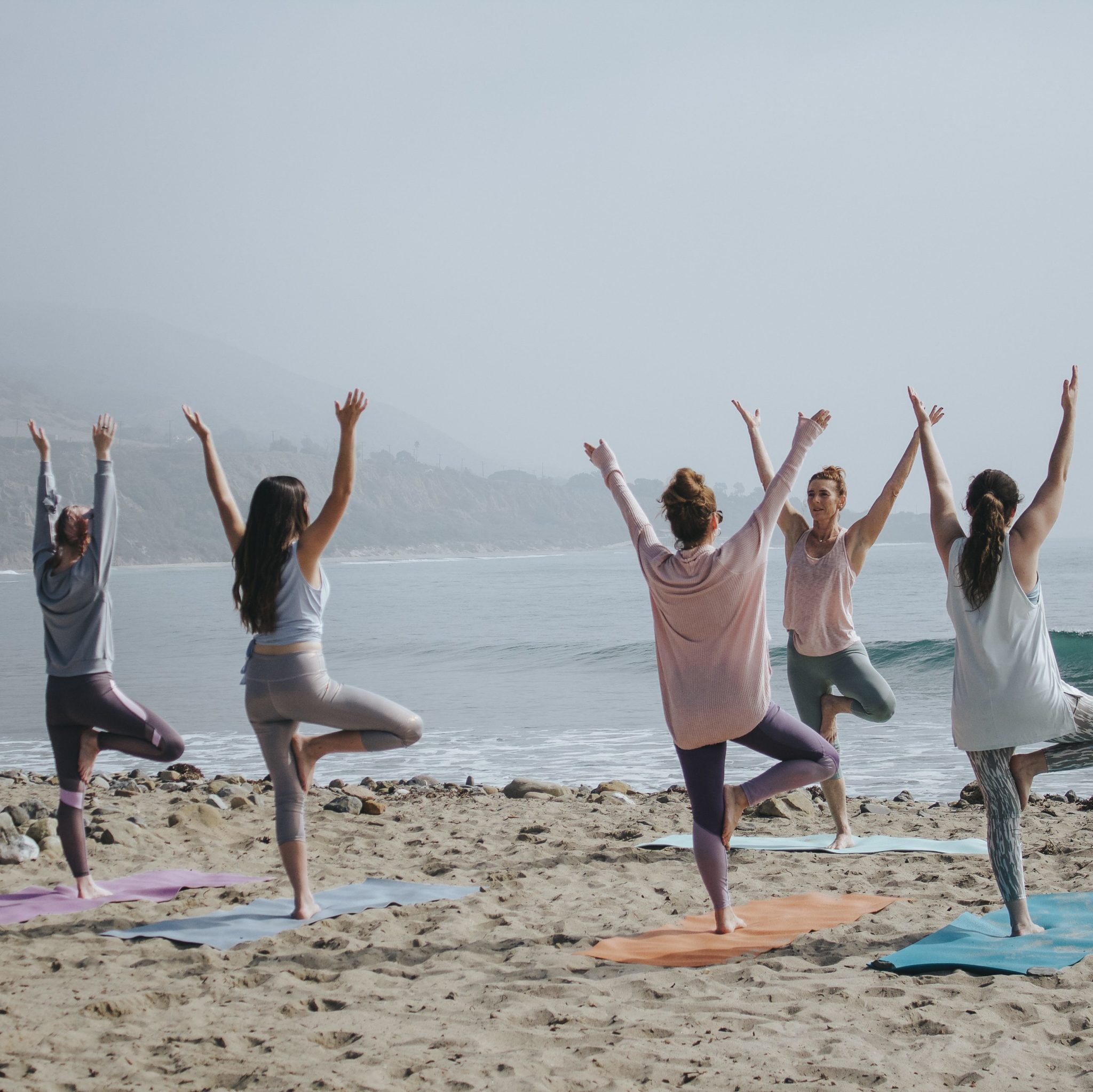By: Virginia Iversen, M.Ed.
Can Yoga be used as an adjunct therapy for addiction recovery? According to the National Sleep Foundation, roughly 60 million Americans have difficulty with some form of insomnia on a regular basis. Insomnia can take the form of problems falling asleep, staying asleep throughout the night and waking up too early. Some health conditions can exacerbate ongoing difficulty with insomnia, including sleep apnea and restless leg syndrome. Your family doctor or a local sleep clinic can often successfully address these physical health issues.
Falling asleep, staying asleep, or waking up too early is often also fueled by anxiety. Health experts estimate that approximately 40 million Americans struggle with anxiety on a consistent basis. In turn, many people struggle with insomnia because of depression. When an individual is depressed, his or her body does not produce enough serotonin, which leads to lower than normal levels of melatonin. When melatonin levels are low, it is difficult, if not impossible at times, for the individual to fall asleep and to stay asleep for a requisite 7-9 hours.
When the alcohol is converted into sugar, an individual often awakens from sleeping prematurely. So, although a glass of wine or beer may help with sleep onset, it does not support healthy sleep maintenance. Alcohol actually disturbs the body’s ability to sleep restoratively throughout the night. Additionally, as most of us are aware, a daily reliance on imbibing some form of alcohol to sleep can quite quickly lead to physical addiction, which can bring with it a cascade of physical and emotional health problems.
Another common way of getting to sleep and staying asleep for many people, including Yogis and Yoginis, is the use of prescription sleeping pills. However, there are a number of side effects from many sleeping aids, including drowsiness and difficulty with memory and balance the next day. A daily reliance on sleeping medication can also exacerbate underlying chronic health conditions and can increase symptoms of depression. There are even some current studies being done that are clinically documenting the negative side effects from a long term reliance on prescription sleeping pills, including an increased risk of cancer and a shorten life span of 1-3 years.
Restorative Yoga postures and supported inversions are very effective at releasing stress and tension, as well as increasing the body’s own production of GABA. These soothing postures also help to quell an overactive mind to soothe anxious feelings and help people with addiction recovery. When restorative Yoga postures are practiced on a regular basis, such as Supported Child’s Pose and Legs Up the Wall Pose, the mind begins to quiet and the waves of anxiety that so many of us experience from time to time, come to rest in stillness. Many restorative supine Yoga postures can also be practiced with an aromatherapy eye pillow, which will further support a student in resting in the silence within his or her own being.
Virginia Iversen, M.Ed, has been practicing and studying the art of Yoga for over twenty years. She lives in Woodstock, New York, where she specializes in writing customized articles that are 100% unique. She is currently accepting Yoga and health-related writing orders and may be contacted at: enchantress108@gmail.com.
© Copyright – Virginia Iversen / Aura Wellness Center – Publications Division
Article Courtesy of AuraWellnessCenter.com


Leave A Comment